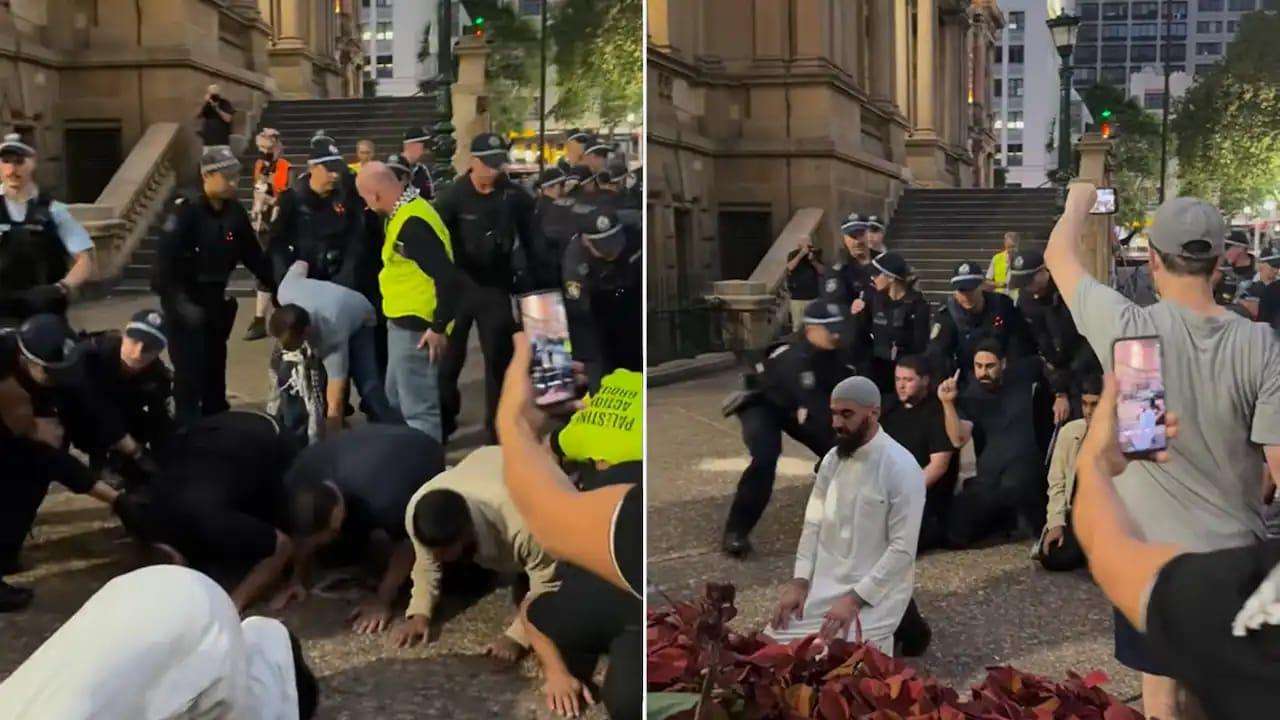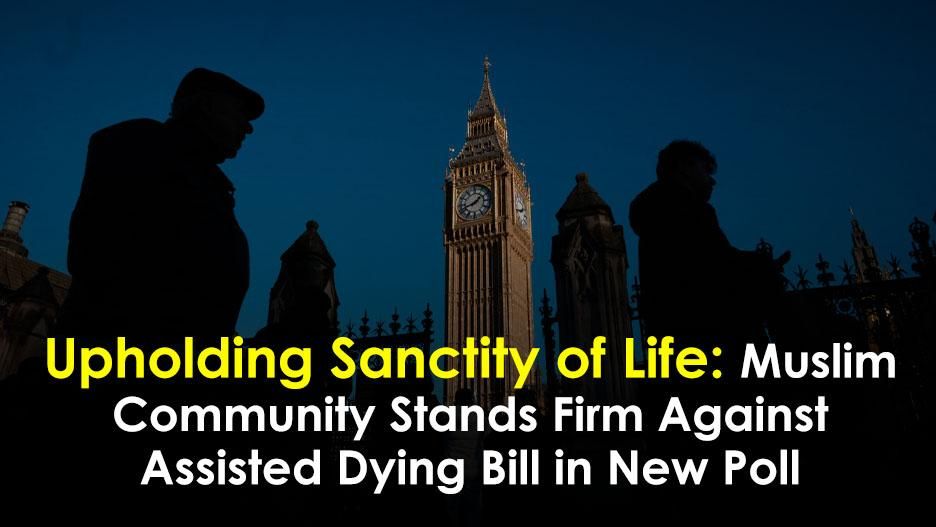A significant new poll has illuminated the unwavering stance of British Muslims in England and Wales against the proposed assisted dying bill, rooted deeply in their religious convictions about the sanctity of life. The Savanta survey of 4,500 adults revealed that a substantial 66% of Muslims oppose Kim Leadbeater's legislation, highlighting a profound difference in opinion compared to Christians (36% opposition) and the wider non-Muslim population (31% opposition).
The groundbreaking study, commissioned by the Muslim media platform Hyphen, provides crucial insight into the perspectives of a community whose views, according to editor-in-chief Burhan Wazir, have been too often marginalized in the assisted dying debate.
"This survey unequivocally demonstrates the importance of this issue to the Muslim community and the significant impact the proposed legislation would have on their lives," Wazir stated. "It is imperative that as MPs deliberate on this bill, they give due consideration to the deeply held religious beliefs of Muslims and individuals from other faith communities."
The poll's findings strongly correlate with core Islamic teachings, as explained by Dr. Mansur Ali, a senior lecturer in Islamic studies at Cardiff University. "In Islam, life is considered sacred, a trust from Allah. Therefore, any intentional act to end a life, whether self-administered or by another, is forbidden," Dr. Ali emphasized. The survey data corroborates this, with an overwhelming 70% of Muslims who oppose the bill explicitly citing their religious beliefs as the primary driver of their stance. This contrasts sharply with the reasons given by opposing Christians (40%) and non-Muslims (33%).
Prominent Muslim politicians have echoed these deeply held religious convictions. Labour MP Naz Shah, while acknowledging broader public opinion, emphasized the importance of considering the diverse values within society.
Muslim Cabinet minister Shabana Mahmood has been a consistent and vocal opponent of assisted dying. Representing a constituency with a significant Muslim population, Ms. Mahmood articulated her opposition last year by stating, "We must never compromise the inherent value of every life by accepting the premature death of some, even with the intention of alleviating suffering for others. The principle that all life is sacred is a cornerstone of my faith and a guiding principle in my decision to oppose this bill."
Views of British Bangladeshi MPs and Community:
Given the strong emphasis on Islamic values within British Bangladeshi communities, it is highly likely that their elected MPs and community organizations share the widespread concern regarding the sanctity of life and the opposition to assisted dying expressed in the poll. Their perspective would likely underscore the importance of upholding religious principles in law and protecting vulnerable individuals from potential coercion or unintended consequences of such legislation.
Community leaders would likely advocate for the provision of robust palliative care and support systems as alternatives to assisted dying, aligning with Islamic teachings that emphasize care for the sick and dying while preserving life. While specific statements from British Bangladeshi MPs weren't included in the provided text, their views can be reasonably inferred to be in line with the broader Muslim community's stance rooted in religious principles.
The findings of this poll provide a crucial counterpoint to the growing momentum behind assisted dying in the UK, evidenced by the recent vote in the Scottish Parliament and the advocacy efforts of campaigns like the Express's "Give Us Our Last Rights." While these campaigns highlight individual stories of suffering and the desire for choice, the Savanta poll underscores the deeply held religious beliefs of a significant segment of the population who view the issue through the lens of the sanctity of life.
This data serves as a powerful reminder for lawmakers to engage in a comprehensive and inclusive dialogue that respects and seriously considers the diverse ethical and religious perspectives within British society as they navigate the complex and deeply personal issue of assisted dying. The strong and religiously motivated opposition from the Muslim community represents a vital voice that must be heard and thoughtfully considered in this critical debate.








.svg)

